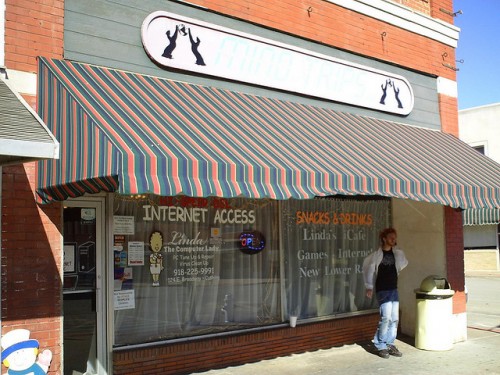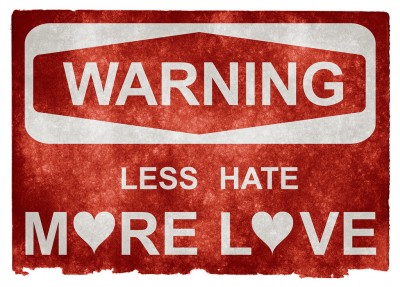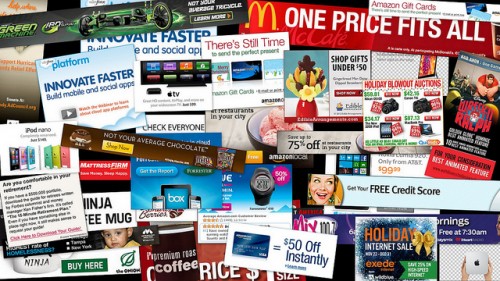My street in winter.
Pew Research Center recently released a report saying that Americans feel better informed thanks to the internet. Well, it was released in December of 2014 but they just Tweeted the report so what was old is new again. While info glut has been a concern since Alvin Toffler’s Future Shock in the 1970s, the majority of internet users polled in this study find that they know more, not less, about the world thanks to digital technology. But what is most interesting about the study is not how much they know, but what they know more about. more...










